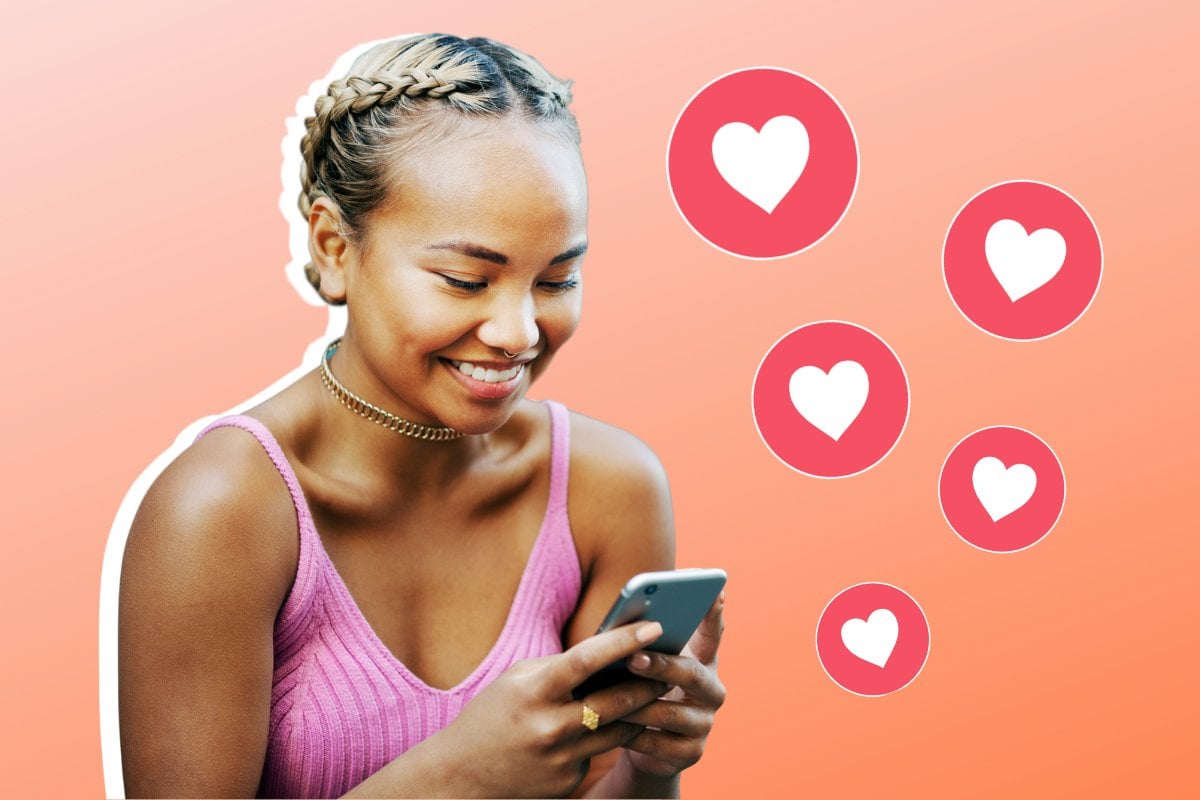
Hello, my name is Jessica, and I'm a nutrition expert.
I don't have a degree in nutrition, or work in the field. But, according to social media, if I make a profile, call myself a 'nutrition expert' and start giving diet tips and advice on Instagram, this is completely legal and acceptable.
But should it be?
Watch: Sarah Wilson gets real about dieting. Post continues below.
The rise of uneducated advice on Instagram.
Last week, former Bachelorette Elly Miles caused a stir when she shared details on Instagram of her so-called 'Carnivore' diet challenge, in a post which labelled certain vegetables and fruits from 'most toxic' to 'least toxic'.
Despite not publicly declaring herself to be a dietician, she endorsed the diet to her 207 thousand followers alongside a bikini photo.
The assumption one could presumably make, intended or not, is that Miles got her figure from her diet, and therefore, we could follow her challenge if we chose to.
When the post resulted in backlash, Miles backtracked, telling WHO magazine her message was misconstrued and she was 'devastated' about the response.
